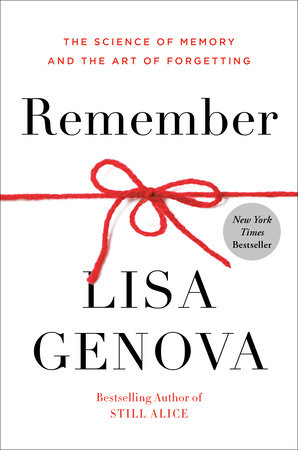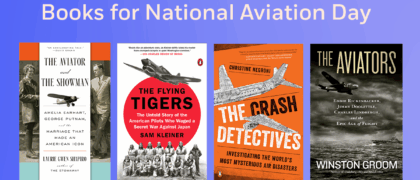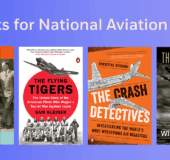Lisa Genova is a Harvard-trained neuroscientist and the acclaimed author of novels such as Still Alice. She travels worldwide speaking about neurological diseases and has appeared on Today, PBS NewsHour, CNN, and NPR. Her new book, Remember, is a deep dive into the science of human memory and the intricacies of the brain that help us remember and make us forget.
We spoke to Lisa about her passion for the science behind memory and the writing of Remember.
Why did you write this book?
I’d been talking to audiences around the world about Alzheimer’s and dementia for over a decade. During the Q&A’s and book signings, the conversation always shifted from Alzheimer’s to memory in general. Without exception, everyone was concerned. Many were afraid. Most carried misconceptions and a lot of confusion about what is normal forgetting and what is not.
Whenever I had the chance to explain to these folks why they forget things like names, where they parked their car, and whether they already took their vitamin today, when I describe how memory is created and retrieved and why we forget—not because of disease pathology but because of how our brains have evolved—I could see instantly see the transformation. These folks now had a new relationship with their memory. They were now relieved and empowered.
But offering this kind of life-changing insight to a handful or even theater full of people at a time wasn’t a very efficient way of disseminating this education. So, I set aside time from my novel-writing gig to write this book.
What are your favorite chapters in this book?
My favorite chapters have to do with understanding why we forget. Why do we experience Tip of the Tongue? Why do we walk into a room to get something and have no memory of why we came in there? Why do we go to the store to buy milk and return home with a bag full of groceries but no milk? These chapters are fun because these normal lapses in memory are so universal. We can all relate. And the answers are easy to comprehend and illuminating. I’m excited for readers to understand what’s behind their everyday episodes of forgetting. I also love the chapters on sleep and stress and explaining how these impact memory.
What do you hope readers will gain after reading this book?
I really want to help people understand memory—both remembering and forgetting—so they can improve it and protect it and mostly so they can relax about it. Chronically stressing about normal memory lapses can actually create a memory problem!
Once we understand memory and become familiar with how it functions, its incredible strengths and maddening weaknesses, its natural vulnerabilities and potential superpowers, we can both vastly improve our ability to remember and feel less rattled when we inevitably forget. We can set educated expectations for our memory and create a better relationship with it. We don’t have to fear it anymore. And that can be life changing.
Without giving away the whole book, why do we remember certain things but forget others?
The single biggest reason why we don’t remember something—we didn’t pay attention to it in the first place. We can’t remember what we don’t pay attention to.
If you could offer advice for keeping our memories safe, what would you suggest?
In terms of getting the memory into our brains, we remember what we pay attention to and what is meaningful.
In terms of strengthening that memory to ensure that we can recall it later:
- We remember what we repeat, so practice, rehearsing, self-testing and reminiscing all reinforce memory.
- Chronic stress impairs memory, but we live in a continually stressful world. Meditation, yoga, and practices in gratitude and mindfulness help to counter the stress response and protect your memory from eroding due to chronic stress.
- Sleep deprivation causes amnesia. Getting 7–9 hours of sleep every night hits the SAVE button on memories created today and reduces our risk of developing Alzheimer’s tomorrow






